EXPERT WITNESSES & JUDICIAL EPISTEMOLOGY
The Texas Supreme Court recently wrote a case which surely contains the most important discussion of thinking about expert witnesses it–or any other court anywhere, for that matter–has set forth for many years. Houston Unlimited, Inc. Metal Processing, [Defendant-Petitioner] v. Mel Acres Ranch [Plaintiff -Respondent], 57 Tex. Sup. Ct. J. 1223m 2014 WL 4116810 (August 22, 2014.)* It is not only a discourse on juridical epistemology; it is also a how-to manual for both judges and advocating lawyers. I will discuss details in another post (or other blogs). For now, here, I shall quote one of its most important observations:
“Experts who testify on behalf of parties to a lawsuit are subject to biases and potential abuses that are not always present outside the courtroom, and the courtroom itself may afford a veneer of credibility not present in other contexts. Legal sufficiency review requires courts to ensure that a jury that relies on an expert’s opinion has heard factual evidence that demonstrates that the opinion is not conclusory on its face.”
Houston Unlimited, Inc. Metal Processing, [Defendant-Petitioner] v. Mel Acres Ranch
*This opinion can be found on the Court’s website. It is easily locatable.
**As shall be shown elsewhere, the wording is a bit misleading and could have been done more accurately from a semantic point of view.

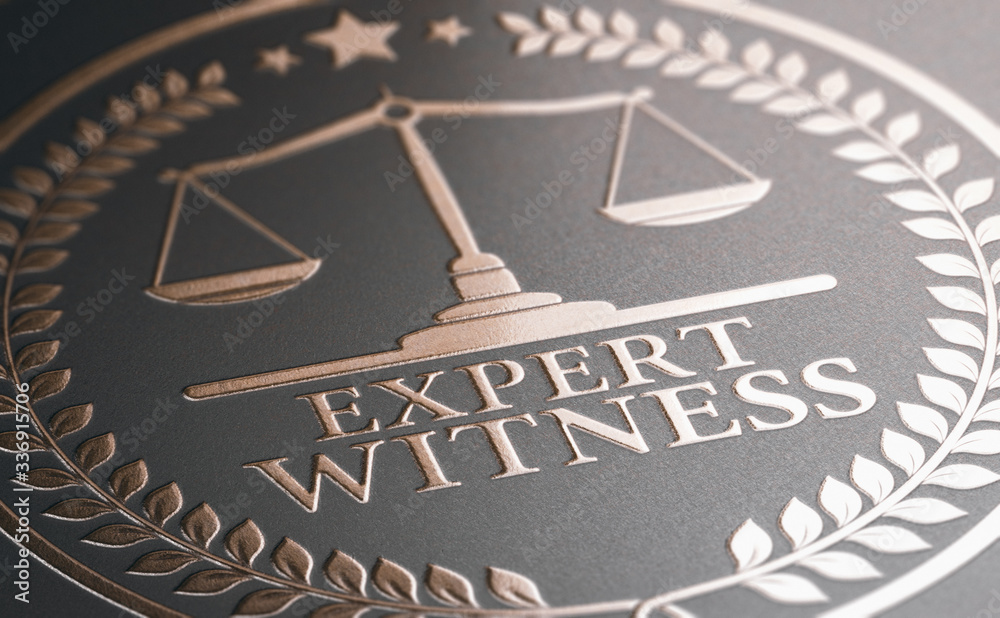
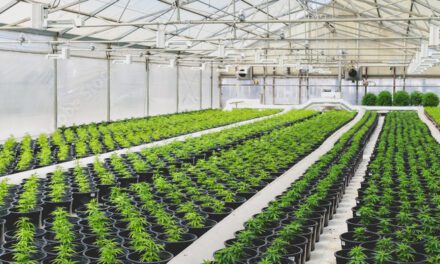
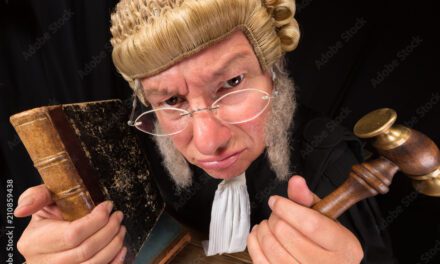

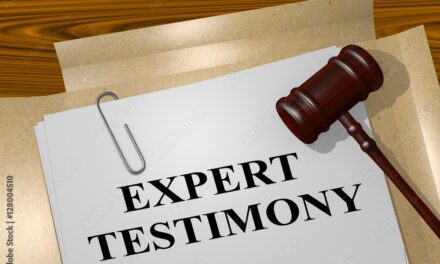
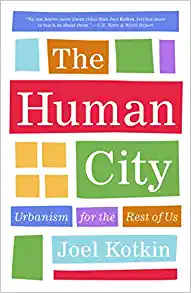

Recent Comments